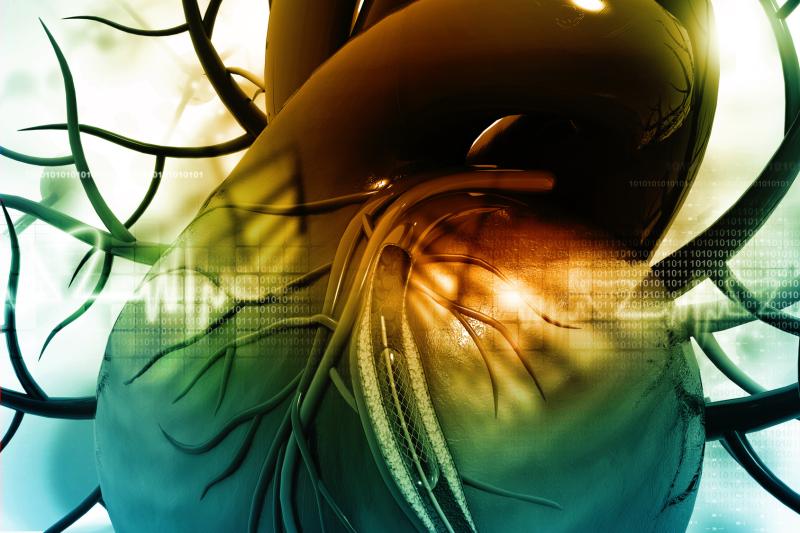 AGGF1 allows non-surgical therapeutic angiogenesis through autophagy for coronary artery disease
AGGF1 allows non-surgical therapeutic angiogenesis through autophagy for coronary artery diseaseLevels of high-sensitivity C-reactive protein (hs-CRP) in the serum are predictive of more severe coronary artery disease (CAD), reports a recent study.
Researchers enrolled 10,020 CAD patients (mean age, 58±10 years; 77.0 percent male) who were divided into three subgroups according to baseline hs-CRP: 0–3 mg/L (n=6,978), 3.01–10 mg/L (n=1,997) and >10 mg/L (n=1,045). The SYNTAX score (SS) was used to evaluate disease severity and compared across the patient subgroups. The occurrence of major adverse cardiovascular events (MACEs) was also set as an outcome of interest.
Patients with higher hs-CRP levels were older, had more risk factors, were more likely to use diuretics and had more complex diseases.
Multivariate logistic regression analysis found that patients with hs-CRP levels >10 mg/L were significantly more likely to develop intermediate-to-high–SS disease (odds ratio [OR], 1.49, 95 percent confidence interval [CI], 1.21–1.84; p<0.001). Concentrations between 3.00 and 9.99 mg/L had no such effect (OR, 1.09, 95 percent CI, 0.93–1.29; p=0.295).
Other pertinent predictors were age (OR, 1.01, 95 percent CI, 1.01–1.02; p<0.001), previous episodes of myocardial infarction (OR, 1.21, 95 percent CI, 1.03–1.43; p=0.019), serum creatinine levels (OR, 1.95, 95 percent CI, 1.33–2.85; p=0.001) and left ventricular ejection fraction <45 percent (OR, 1.44, 95 percent CI, 1.07–1.95; p=0.018).
“[T]he prognostic impact of hs-CRP change needs further investigation since some medicines such as aspirin and statins could reduce its level,” said the researchers.